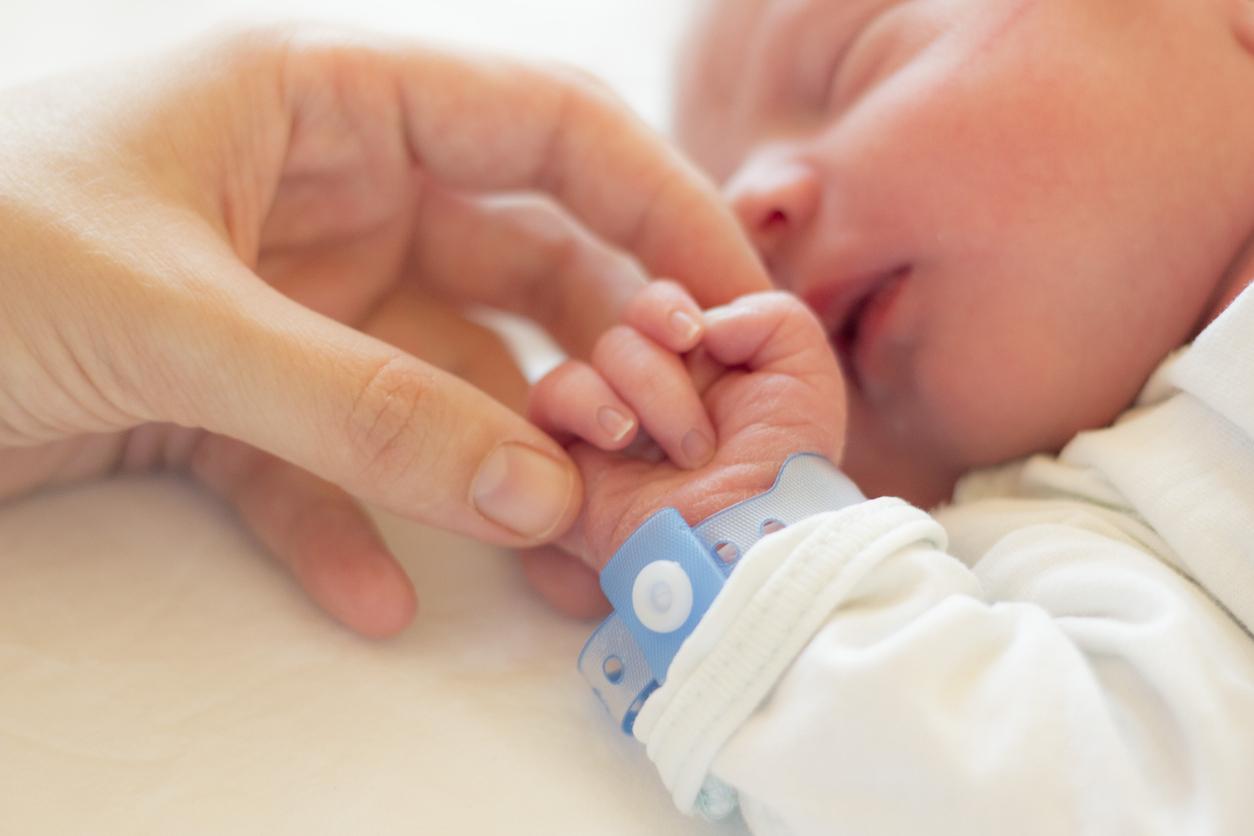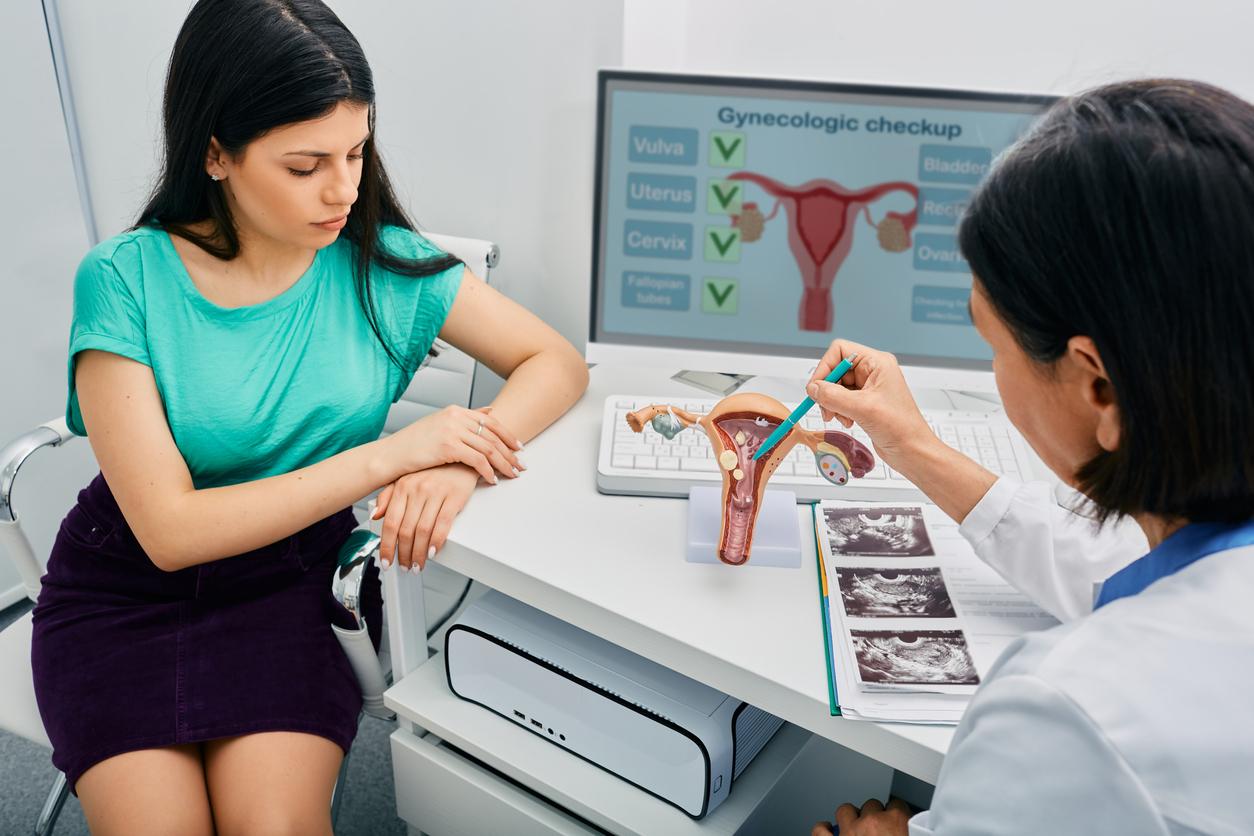When you ask someone if you can touch them before you do, they have a more pleasant interaction experience.

- Being able to choose certain aspects of tactile stimuli, especially those that concern us, enhances the pleasant perception of touch.
- Additionally, having a choice increases arousal in anticipation of touch.
- “Choice taps the same dopamine system as money, food, sex and other rewards that we actively seek,” the researchers said.
“We value what we choose more than what is imposed on us. Choice-induced preferences are widely demonstrated using behavioral and neural methods, mainly involving rewarding objects, such as money or material goods. However, the impact of choice on experiences, particularly in the domain of affective touch, remains less explored,” scientists from the Bundeswehr University in Munich (Germany) said. That is why they decided to conduct a study.
Does consent improve the perception of touch?
For the purposes of the research, the authors specifically examined whether choice can enhance the pleasure derived from affective touch, thereby increasing its intrinsically rewarding value. In one experiment, volunteers had their arms gently stroked by a researcher. Some participants indicated where they would be touched. To dissociate choice from touch, other options included whether they wanted to be touched with a blue or white glove. The choice offered in the latter case was therefore not really about whether and how participants wanted to be touched. Finally, in other experiments, participants had no say in where and with which glove they were to be touched. Before and during the touch, pupillometry was used to measure arousal levels. At the end, they had to rate how pleasant their tactile experience was.
Having a choice increases arousal in anticipation of touch
The results were published in the journal Attention, Perception, & Psychophysics. When the team gave participants a choice, even after considering incidental factors like glove color, they reported that the same touch was significantly more pleasant. Having a choice increased arousal in anticipation of the touch, according to pupillometry measures.
“Choice and consent are ethical concerns, they are also fundamental to how we experience things. We know that choice taps into the same dopamine system as money, food, sex and other rewards that we actively seek. (…). So giving patients greater control over their treatment could bring even greater benefits than currently envisaged,” have declared Lenka Gorman and Ophélie Deroyauthors of the work.

















